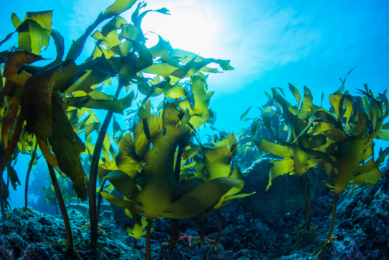Large Indian algae initiative for feed and biofuel
World Health Energy Holdings, Inc., a public holding company developing joint venture partnerships for algae production for biodiesel and commercial fish food, has signed a letter of intent with Prime Inc., an Indian industrial and transport company, to develop a biodiesel production facility ramping up to 250 acres (100 ha) with a budget of up to $100 million.
The proposed sites for development are in Tamil Nadu and Karnataka, India and will utilize an algae enhancement technology, known as the GB3000 system, used for growing algae for the production of fish feed, proteins and bio-fuel in India.
Liran Kosman, CFO of World Health Energy, said: "We look forward to working with Prime Inc. India in the design, development and support of a cost-efficient algae production farm. We anticipate scaling up operations and completing a number of significant algae projects in 2012."
World Health Energy Holdings, Inc. recently acquired GNE-India, an algae technology company with the distribution and licensing rights to a unique and innovative technology, the GNE GB3000 system, to grow algae quickly and efficiently for the production of biodiesel and commercial fish food protein.
GNE-India owns and retains the territorial rights for distribution and sales of the proprietary technology to both India and Sri Lanka. The company has exclusive distribution and licensing rights to the GNE GB3000 system in India and Croatia.
Earlier this year, the GB3000 system was used to grow a combination of local algae species, as well as Chlorella, targeting the product to the fish feed and biodiesel markets.
World Health Energy Holdings, Inc. is focused on biofuels produced from algae, which boasts substantially higher yields in comparison to ethanol derived from corn, rapeseed, jatropha and palm oil.
The company also works with visionary enterprises in the multi-billion dollar renewable energy arena producing progressive, broad-based solutions for better physical, nutritional and environmental health worldwide. In addition, the company is pursuing an ancillary use of algae – the efficient production of high-protein fish feed for commercial fish farms.











